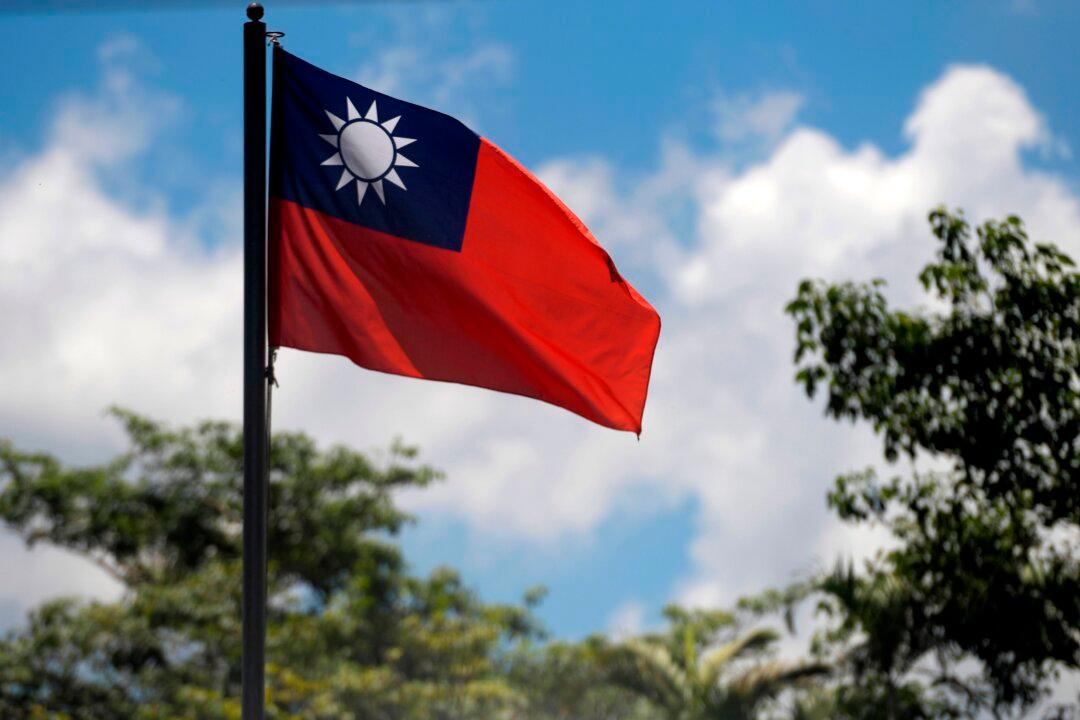A bill aimed at supporting Taiwan’s involvement in international organizations will be debated in the Senate on Sept. 28. Canada has been enhancing its ties with the democratic island, which has increasingly been confronted with threats from Beijing.
The bill, officially titled an “Act Respecting a Framework to Strengthen Canada-Taiwan relations,” was introduced by Sen. Michael MacDonald. It underwent its first reading on Sept. 26, and is scheduled for its second reading and debate in two days.





